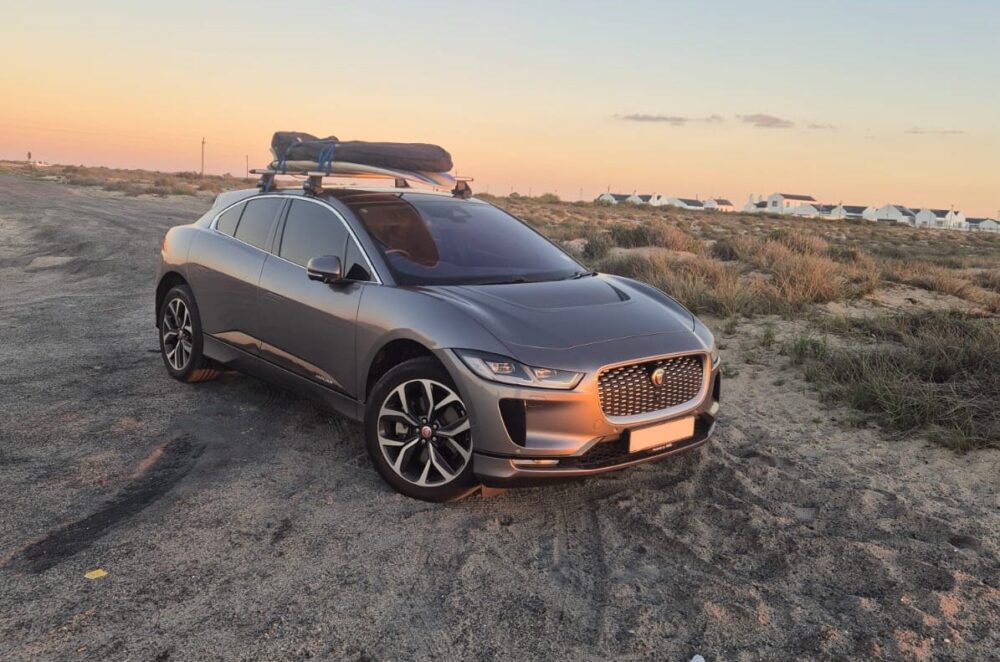Transportation is one of the biggest contributors to global air pollution. The CO2 and black carbon from fuel combustion not only drive climate change but also increase risks of respiratory illnesses and cancer.
Traffic congestion is another side effect of unsustainable transport. It wastes time, slows the movement of goods and people, and makes cities less efficient.
Still, transportation is essential to our daily lives. It gives us access to work, school, and hobbies. It connects us with family, friends, and our wider community.
This is why choosing sustainable ways to move around is important. We can keep the access and connection we need while cutting our emission, and in some cases, eliminating it altogether.
If done right, sustainable transport improves air quality, protects our health, and helps reverse the effects of climate change.
Cities that successfully integrate these systems often become more vibrant, beautiful, and livable for everyone.
Table of content
Types of sustainable transportation options
Mass transit

Using mass transit systems like Cape Town’s MyCiTi buses can drastically cut your CO2 emissions and ease traffic congestion. With fewer cars on the road, the air gets cleaner and drive times are reduced for everyone.
It’s also affordable. Compared to owning or renting a car, or even ridesharing, public transport saves money for you and your family.
Trains are another sustainable option. They help you avoid the annoying stop and go traffic that clogs city streets, and so are fast and reliable.
Walking and Bicycles

Walking and cycling aren’t just sustainable, they’re also great for your health. A quick ride to work or a walk to the store doubles as exercise, meaning less time in the gym and more time outdoors.
Best of all, walking and biking are even more eco-friendly than buses or trains.
Infrastructure is also improving. More South African cities are adding bike lanes, sidewalks, and secure bicycle parking. These upgrades make it easier to add walking or cycling into your daily short-distance trips.
Hybrid Vehicles
Hybrid cars combine a traditional engine with an electric motor. This combo cuts emissions and boosts fuel efficiency at the same time.
Car manufacturers are rolling out hybrid versions of popular models in their drive towards sustainability and reducing carbon footprint. There’s also plans on the way to offer tax credits to encourage people to make the switch.
If you’re planning to buy or rent a car, choosing a hybrid is not only the environmentally responsible choice, it also saves you money on fuel bills.
Electric Vehicles

Electric vehicle adoption has taken off in many developed countries, thanks to innovative manufacturers like Tesla and the growth of charging network infrastructure.
In South Africa, uptake has been slower, mainly because of limited charging stations. “Range anxiety” is real, but the good news is there are now more than 500 public EV chargers across the country. That’s a big leap forward from just a few years ago.
With increasing coverage and introduction of fast-charging infrastructure, owning an EV in South Africa is quickly becoming a realistic option for you.

E-bikes, Electric Scooters and Segways
Portable and lightweight transport options like e-bikes, electric scooters, and even Segways are becoming popular substitutes for short car trips. They’re especially handy for quick commutes or errands where driving might feel unnecessary.
With an e-bike, you reduce your carbon footprint while avoiding the noise pollution of traditional engines. Plus, you also get the physical activity of cycling, just with an extra boost when you need it.

E-hailing services
E-hailing is a great alternative to owning a car. Apps like Uber and Bolt make it possible for you to get around without the financial burden of car ownership. This reduces the number of new cars being bought, keeping older vehicles in use for longer.
Looking ahead, adding more electric vehicles to e-hailing fleets would make these services even cleaner and more sustainable.
Peer to Peer carsharing services

Peer-to-peer carsharing, recently introduced in South Africa, lets you rent vehicles directly from nearby owners.
It’s a strong alternative to car ownership. You get the convenience of having a car when you need it, without the costs of loans, insurance, parking, or regular maintenance.
Carsharing also complements other transport options. It’s especially useful for long trips or situations where you want more control over your journey.
Adopting carsharing means fewer cars on the road which means reduced emission and traffic congestion. Platforms like Tarlen Carshare are already pioneering this service and making it accessible to you.
Benefits of choosing to travel sustainably
Every individual can make a difference by choosing sustainable travel. As you adopt and talk about these practices, more people can also become encouraged to adopt sustainability in their lives.
- Improved health: Many sustainable transport options, like walking and biking, increase physical activity. Cleaner air also means fewer cases of respiratory disease and cancer.
- Less traffic congestion: Fewer cars bought and produced means fewer cars on the road. That translates into lighter traffic and less time wasted in transit.
- Economic inclusion: Options like ridesharing and carsharing open up new income opportunities. In South Africa alone, Uber contributes around R17 billion to the economy each year.
More articles like this:








